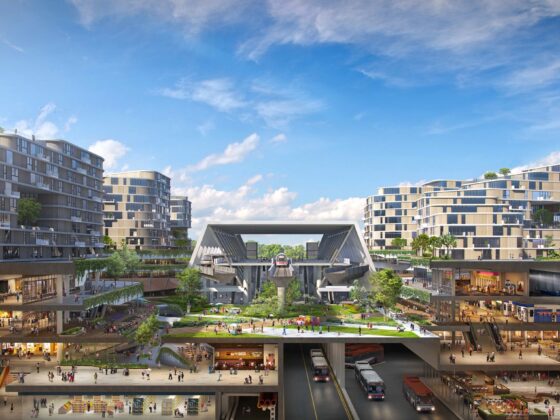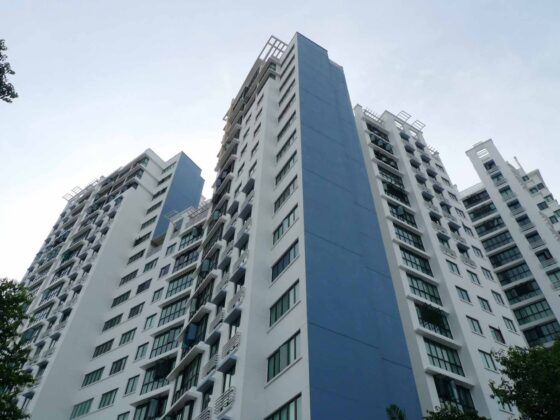Lease terms are one of the most influential factors shaping property decisions in Singapore. Whether buyers are considering a 99-year leasehold or a freehold title, tenure length directly affects value perception, investment potential, and long-term ownership strategy.
1. Balancing Affordability and Longevity

River Modern illustrates how lease terms guide buyer behavior. Many purchasers choose leasehold properties for their relative affordability and accessibility to central locations. Shorter lease periods allow developers to price units competitively, opening opportunities for first-time buyers and investors seeking rental yield.
However, freehold properties hold lasting appeal due to their permanence and perceived stability. These assets are often passed down across generations, making them ideal for buyers focused on legacy and long-term ownership.
Understanding this balance between cost and duration is key to making informed investment choices that align with personal or financial goals.
2. How Lease Duration Affects Market Value

Properties with longer leases generally command higher resale prices, particularly when they are well-maintained and located in prime areas. As a lease shortens, depreciation accelerates—especially beyond the halfway mark of a 99-year term.
Projects like River Modern, located in growth corridors, demonstrate how newer leasehold developments maintain strong demand despite finite tenure. Buyers prioritize lifestyle quality, accessibility, and modern amenities, recognizing that these elements sustain value during the active years of a lease.
Investors often evaluate tenure alongside infrastructure development, as upcoming transport links and district rejuvenation projects can offset the effects of lease decay and drive appreciation in the medium term.
3. Government Regulations and Redevelopment Potential

Singapore’s land policies ensure stability in property tenure management. Expiring leases may qualify for redevelopment or government renewal under specific conditions, allowing older districts to retain vitality and relevance.
For investors, understanding these regulations provides clarity and reduces uncertainty. Redevelopment opportunities can yield significant returns when collective sales occur, transforming mature estates into modern communities.
Lease terms also shape financing decisions, as banks consider tenure remaining when approving loans. Buyers should factor in how tenure length impacts both property value and future resale potential.
Conclusion
Lease terms are central to every property decision in Singapore. They determine affordability, ownership longevity, and overall investment strength.
Developments like River Modern show that success lies in choosing properties with strong fundamentals—where tenure, location, and design combine to deliver value across the lease cycle. In a market built on precision and planning, understanding lease terms is key to making confident real estate choices.


